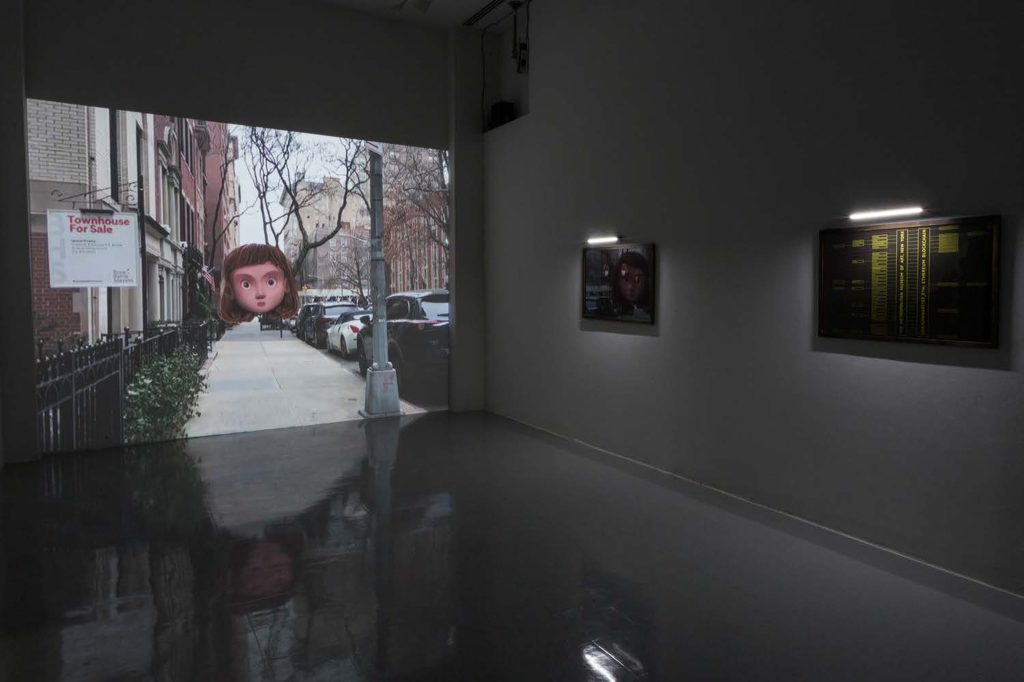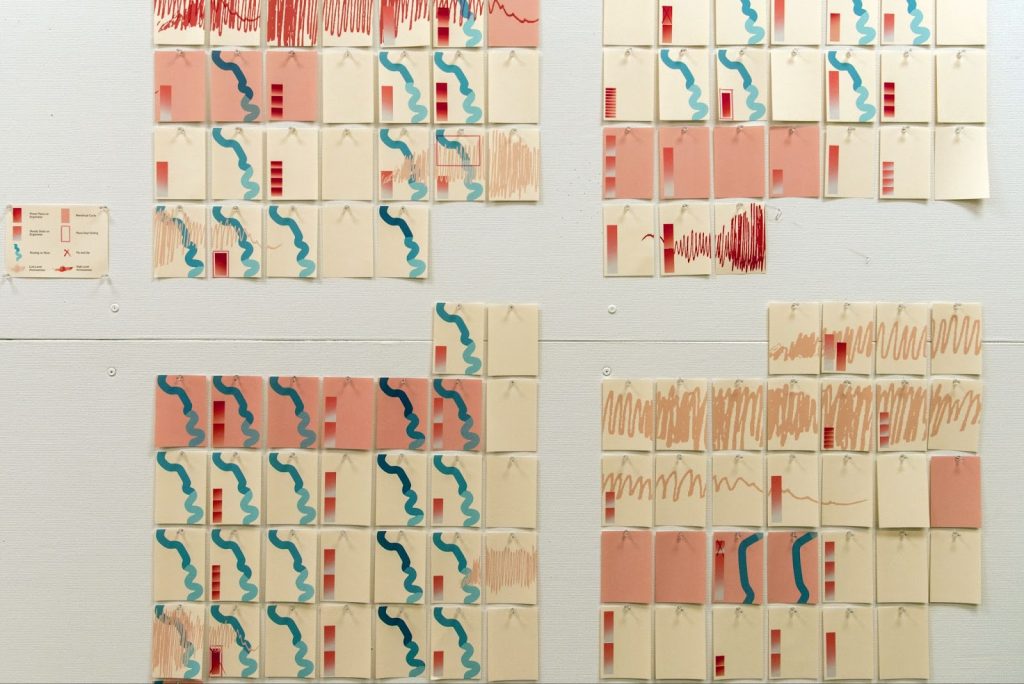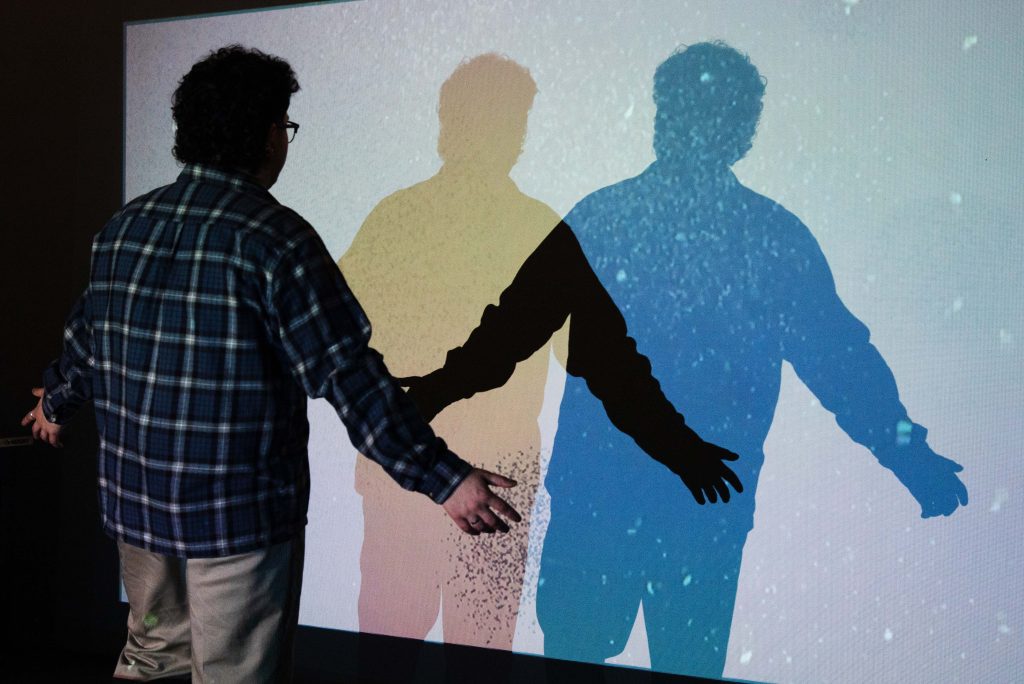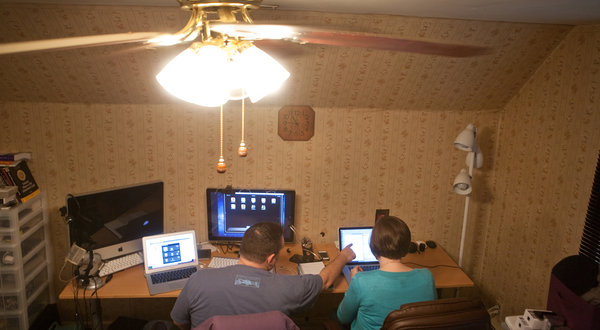


The MFA in Design at Rutgers University is an innovative program that situates a critical, experimental, and speculative studio practice within a major public Research University. Through close personal attention in studio and seminar classes, we enable designers and artists to develop and realize their distinct research directions. The MFA encourages work that is grounded in scientific, aesthetic, political, or social research. All admitted students receive scholarship support, and other opportunities including teaching where appropriate.
Our dedicated studios and excellent facilities are on our campus in New Brunswick, an hour from New York and Philadelphia. The curriculum interweaves studio work and theory with opportunities for collaboration with scholars across Rutgers. The program is at the heart of an interdisciplinary department that fosters and integrates a dynamic range of art and design practices. The MFA encourages applications from designers, artists, and interdisciplinary practitioners. Further details on the program and how to apply are here.



